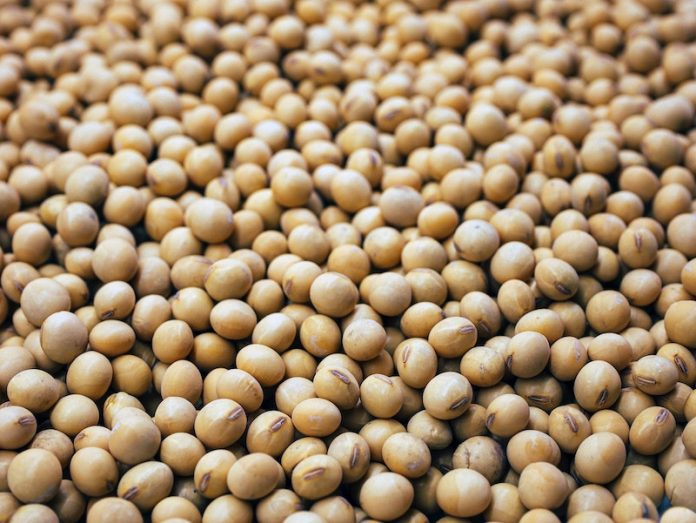
Soy is a nutrient-rich food containing plant protein, isoflavones, and polyunsaturated fatty acids.
To better understand the relationship between soy intake and the occurrence of type 2 diabetes (T2D) and cardiovascular diseases (CVDs), scientists conducted a comprehensive meta-analysis and review.
Researchers analyzed a total of 1,963 studies that met our inclusion criteria and identified 29 articles comprising 16,521 T2D cases and 54,213 CVDs events based on our eligibility criteria.
The aim was to assess the associations between soy consumption and the risk of T2D, CVDs, coronary heart disease, and stroke.
Findings of the Meta-Analysis
During a follow-up period ranging from 2.5 to 24 years, the team found that participants with the highest soy consumption experienced a reduced risk of T2D, CVDs, coronary heart disease, and stroke.
Specifically, compared to individuals with the lowest soy consumption, those with the highest intake demonstrated a 17% lower risk of T2D, a 13% lower risk of CVDs, a 21% lower risk of coronary heart disease, and a 12% lower risk of stroke.
Beneficial Quantities of Specific Soy Products
Furthermore, our analysis revealed that consuming specific quantities of soy products was particularly beneficial for the prevention of T2D and CVDs.
A daily intake of 26.7 grams of tofu was associated with an 18% lower risk of CVDs, while consuming 11.1 grams of natto was linked to a 17% lower risk of CVDs, particularly in reducing the risk of stroke.
Conclusion
In conclusion, the meta-analysis demonstrates that higher soy consumption is associated with a decreased risk of T2D and CVDs.
Specifically, individuals with the highest soy intake had a lower risk of T2D, CVDs, coronary heart disease, and stroke compared to those with the lowest soy consumption.
Moreover, these findings suggest that consuming specific quantities of soy products, such as 26.7 grams of tofu and 11.1 grams of natto, may provide additional protective effects against CVDs, especially stroke.
These results emphasize the potential role of soy as a beneficial dietary component in the prevention of T2D and CVDs.
The study was published in Nutrients.
Copyright © 2023 Scientific Diet. All rights reserved.





